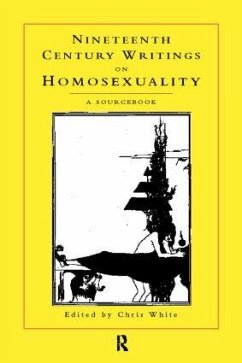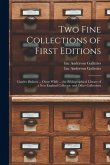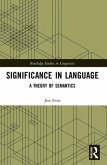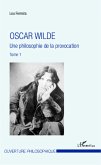Nineteenth-Century Writings on Homosexuality is a comprehensive collection which provides, for the first time in one volume, many texts unavailable outside specialised academic libraries. Chris White has brought together a wide range of primary source material, including prose, poetry, fiction, history and polemic from 1810 to 1914.
Nineteenth-Century Writings on Homosexuality includes writing on:
* trials and scandals
* censorship and homophobia
* cultural and personal history
* love and friendship
* lesbianism
* aestheticism and decadence
* sexual tourism and colonialism
* cross-class desire
* sodomy and sadomasochism.
Containing a general introduction, section headnotes, a bibliography of primary and secondary source material, this book is extraordinarily well researched.
Nineteenth-Century Writings on Homosexuality includes writing on:
* trials and scandals
* censorship and homophobia
* cultural and personal history
* love and friendship
* lesbianism
* aestheticism and decadence
* sexual tourism and colonialism
* cross-class desire
* sodomy and sadomasochism.
Containing a general introduction, section headnotes, a bibliography of primary and secondary source material, this book is extraordinarily well researched.
'Well-judged, economical and shrewd.' - Alan Sinfield, Gay Times
'Chris White's editorial approach is quite inspired. Instead of laying out the material chronologically, White presents along a continium based on what was sayable or not sayable about same-sex desire in the 1800s, moving from the permissable to the least.' - Lewis Gannett
'Chris White's editorial approach is quite inspired. Instead of laying out the material chronologically, White presents along a continium based on what was sayable or not sayable about same-sex desire in the 1800s, moving from the permissable to the least.' - Lewis Gannett








